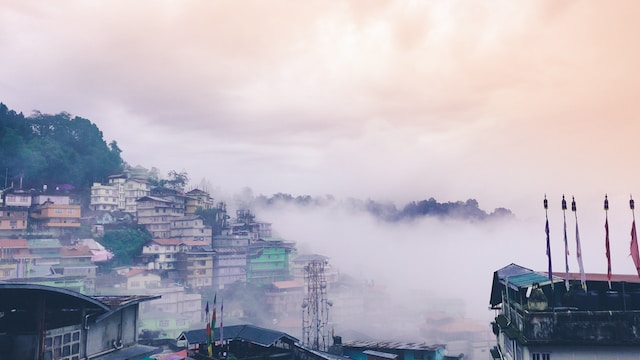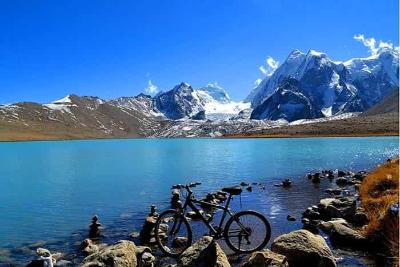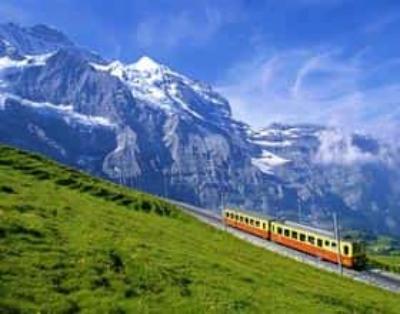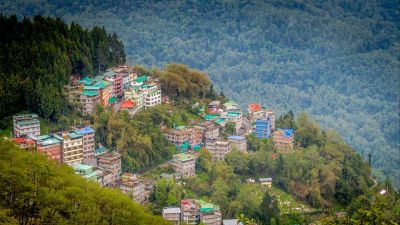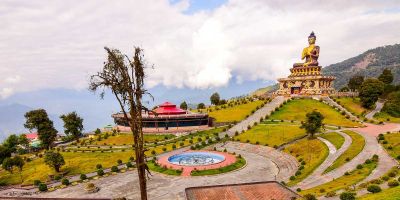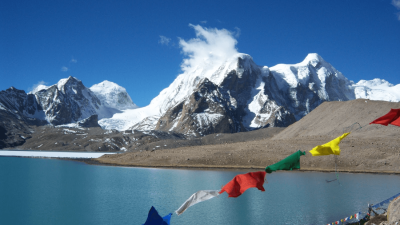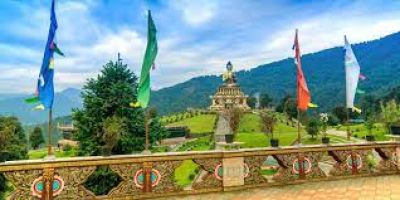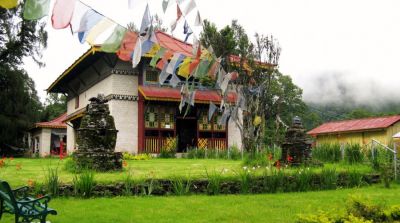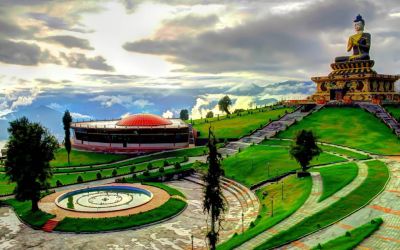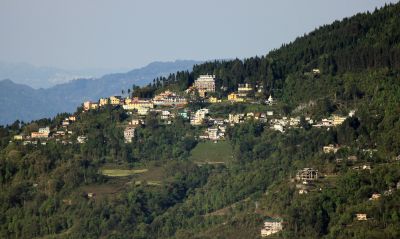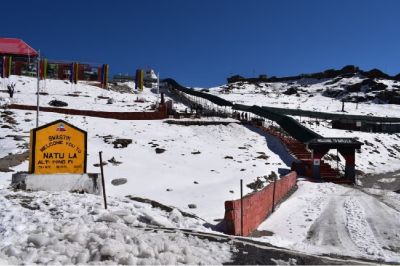Lepcha Community of Sikkim: Traditions and Lifestyle
The Lepcha community is one of the most fascinating indigenous groups in Sikkim, a picturesque state in the northeastern part of India. Their traditions and way of life are deeply rooted in nature and spirituality, making them an integral part of Sikkim's cultural heritage. In this blog post, we will explore the traditions and lifestyle of the Lepcha community, giving you a unique insight into their rich cultural heritage.
Origins and Language
The Lepchas are believed to be the original inhabitants of the region, predating the Bhutias and Nepalese settlers. They are believed to have migrated from regions like Tibet, Bhutan, and Nepal thousands of years ago. The Lepcha language is considered to be a Tibeto-Burman language, which is still widely spoken in Lepcha households.
Food and Cuisine
The Lepcha community has its own unique culinary traditions. Their diet primarily consists of locally grown organic produce, such as millets, finger millets, buckwheat, and barley. A traditional Lepcha meal typically includes daal (lentils), rice, vegetables, and meat. Meat dishes are usually prepared with pork, beef, or chicken, and Lepchas have their own traditional way of cooking these meats, using natural ingredients like cardamom, ginger, garlic, and chili peppers. They also brew their own traditional alcoholic beverage known as 'Tongba,' made from fermented millet.
Traditional Dress
The traditional attire of Lepcha men and women is vibrant and reflects their close connection with nature. Lepcha women wear an ankle-length wraparound dress called 'Dhutha' with colorful patterns and designs. They adorn themselves with silver jewelry, including necklaces, earrings, and bracelets. Lepcha men traditionally wear a knee-length coat called 'Thokro-Dutum' along with loose trousers called 'Pagyem.'
Traditional Festivals and Celebrations
The Lepcha community celebrates various festivals throughout the year, which are deeply influenced by their animistic beliefs and close connection with nature. One of the most significant festivals is 'Namsoong,' which is celebrated to welcome the new year according to the Lepcha calendar. 'Saga Dawa' is another important festival, commemorating the birth, enlightenment, and death of Gautama Buddha. During these festivals, Lepchas participate in rituals, dance performances, and traditional games like archery and traditional Lepcha wrestling.
Traditional Medicine and Shamanism
The Lepcha community has a deep knowledge of traditional medicine, using herbs, plants, and natural ingredients to cure various ailments. They believe that certain plants have healing properties and that the body and mind are connected with the spirit world. Shamanism is an integral part of Lepcha culture, and the community has shamans called 'Un' or 'Bongthing' who communicate with the spirits and perform rituals to bring harmony and balance to the community.
Conclusion
The Lepcha community in Sikkim holds a unique place in the cultural landscape of the region. Their traditions and way of life are deeply intertwined with nature, spirituality, and a strong sense of community. Preserving and celebrating the Lepcha cultural heritage is essential to maintain the diversity and richness of Sikkim's cultural fabric. By learning about the Lepcha community and their traditions, we gain a deeper appreciation for the indigenous cultures that make our world so vibrant and diverse.
If you found this post informative and enlightening, please share it with your friends and family. Let's celebrate and honor the rich cultural heritage of the Lepcha community together.
Disclaimer : The information provided in this blog is for general informational purposes only. While we strive to keep the content accurate and updated, TravelSetu assumes no liability for errors or omissions. If you believe any part of this blog infringes your rights or causes concern, please notify us immediately at info[at]travelsetu[dot]com so that appropriate action can be taken.




